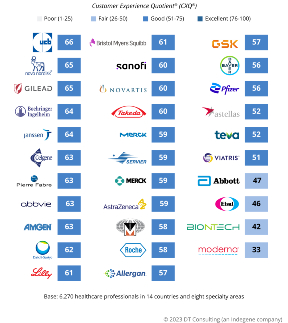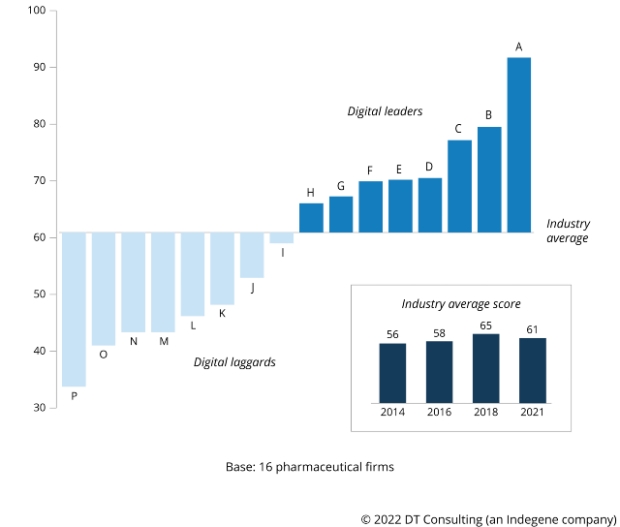 The European Union has decided the way to the Great British public’s heart is to appeal to their self-interest by highlighting how the country actually benefits from ‘those faceless bureaucrats in Brussels’ (copyright: half the British press).
The European Union has decided the way to the Great British public’s heart is to appeal to their self-interest by highlighting how the country actually benefits from ‘those faceless bureaucrats in Brussels’ (copyright: half the British press).
They may not have given us the aquaduct, but a new website, The EU – What’s In It For Me?, points instead to improving ferry services in Cornwall and job training schemes in Yorkshire among projects that have helped every area of the UK.
Meanwhile, from bans on scones at country fairs to renaming the English Channel the ‘Anglo-French Pond’ the site also collects everyone’s favourite Euro-skeptic myths – though this is unlikely to stop certain sections of the press from passing them off as truth.
– – – – –
The UK could soon see public services provided digitally ‘by default’ if the government can maintain its initial enthusiasm for the conclusions of a strategic review of Directgov by the government’s official ‘UK digital champion’, Lastminute.com founder Martha Lane Fox.
Cabinet Office minister Francis Maude has already tasked officials with drawing up a timetable for migrating the Government’s “transactional services” to Directgov. We can of course assume his eyes were not clouded by Lane Fox’s estimates of £1.3 billion in cost-savings and reference to “cheaper digital technologies”.
In the meantime such a shift would make the success of the Race Online 2012 project Lane Fox helms even more important if the digital divide between digital natives and the 9.2 million in the UK who have never been online is to be narrowed. (The scale of the challenge involved in Lane Fox’s proposals can be found in this Helpful Technology blog post and its interesting comments.)
– – – – –
It was good news and bad for digital music this week. Innovative Swedish streaming company Spotify served notice of a £17 million annual loss, even as the debut of The Beatles on iTunes showed there is demand in certain parts of the market.
Of course, having the best known catalogue in modern music probably helps a little. As would an unprecedented marketing push by Apple. Whatever the reasons, the band sold more than 450,000 albums and two million individual songs in their first six days since embracing iTunes, according to Billboard.
Experian Hitwise has some interesting figures on the web traffic picture behind those sales (hat tip: Read Write Web). These include the observation that it was Facebook not search that drove traffic to Apple’s website – one in your eye Google!
– – – – –
Found: #uksnow Map





